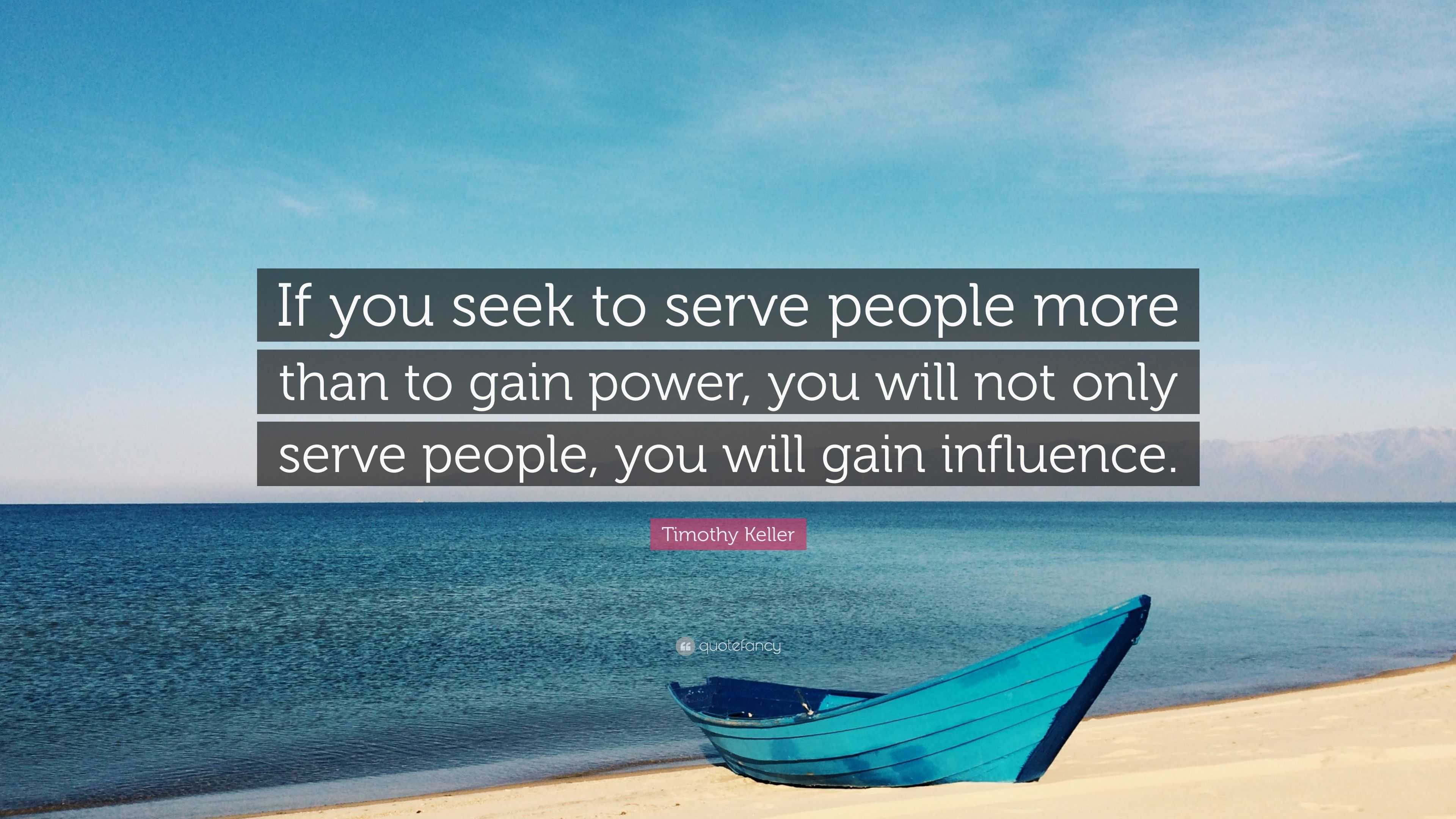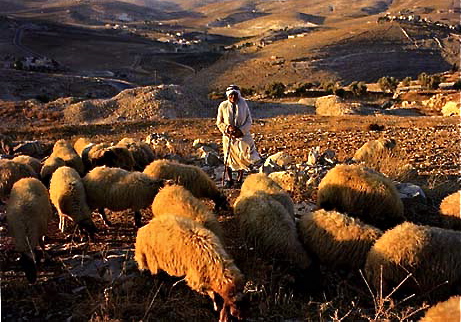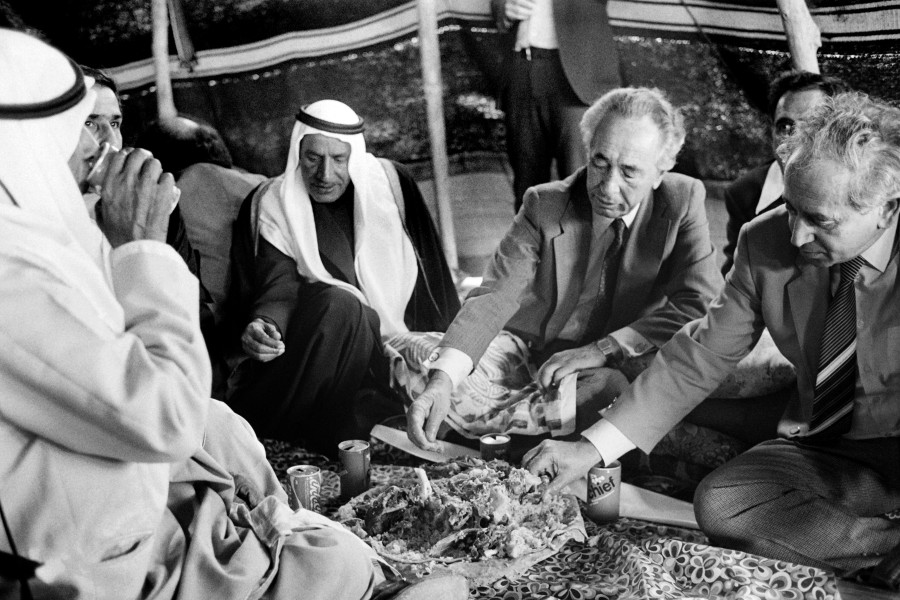**I wrote this blog post in preparation for my Sermon on 4.18.21. You can listen to the sermon here or watch our worship service here.1 Peter 4:12–13
Beloved, do not be surprised at the fiery trial when it comes upon you to test you, as though something strange were happening to you. But rejoice insofar as you share Christ’s sufferings, that you may also rejoice and be glad when his glory is revealed.
It’s a truly human statement. You know what it’s like, when you finally start to take charge of your life, develop a new habit, start your New Year’s resolution, only to feel like the rug gets pulled out from under you.
It’s like stepping on the scale after a eating really healthy and it screams back at you gains instead of losses. When you pay off a bill, only to have to get your car fixed. When you finish your degree and you're excited to get your life started, and then you can’t find a job.
Even worse, is when you finally take your faith seriously and you want to obey God, you decide to surrender an addiction, a sinful habit, to God and at the first turn you meet opposition. That’s life. It’s hard. It’s really, really hard.
Sometimes it can even feel like the more you obey God, the more difficult life gets. King David felt this way. Consider Psalm 73…
Psalm 73:2–3
“But as for me, my feet had almost stumbled, my steps had nearly slipped. For I was envious of the arrogant when I saw the prosperity of the wicked.”
David’s focus, in his distress, turned to the wicked, the pagans, surrounding him. These people were arrogant and prosperous. They rejected God, and yet their life seemed so easy.
But David had to gain a new perspective, he had to get his eyes off the wicked and onto His God.
Psalm 73:16–17
“But when I thought how to understand this, it seemed to me a wearisome task, until I went into the sanctuary of God; then I discerned their end.”
He had to turn to the truth, to the God he loved, and have a course correction.
Psalm 73:23–26
“Nevertheless, I am continually with you; you hold my right hand. You guide me with your counsel, and afterward you will receive me to glory. Whom have I in heaven but you? And there is nothing on earth that I desire besides you. My flesh and my heart may fail, but God is the strength of my heart and my portion forever.”
He turned his complaint into a praise, this is lament. It’s been said, “to cry is human, to lament is Christian.”
It’s a discipline we need to learn and develop in this life. Lament is to turn your complaint into worship, your grief into praise. It is to recognize your own limitations and the vastness of God’s grace.
I want you to keep this in mind as we turn to Exodus 5 (Read).
Let’s remember our context here in Exodus. God called out a people from this world when He called Abraham. He placed a blessing and a promise on them, that He would direct them, prosper them and invite them into His redemptive plan.
Yet his descendants ended up in 400 years of slavery in Egypt. They entered Egypt in prestige, but were systemically dehumanized over generations, until all they knew was subservience to the Pharaoh.
God’s divine hand on His people, caused one of their children to be rescued by Pharaoh’s own daughter, and raised in Pharaoh’s house. For forty years, Moses was raised as a prince of Egypt, yet wrestled with his identity, knowing he was a Hebrew.
In attempts to take matters in his own hands, he had to flee the palace and find respite in the wilderness. It took another 40 years to get Egypt out of Moses, and prepare him for the role God had for him, to be the messenger of God to lead His people to freedom.
As mentioned before, Moses had an identity crisis. He didn’t know who he was when he was a prince, with education, prestige and power. Now he is in the wilderness and believes himself to be nothing.
Yet he met God at the burning bush, and God chose him to be a messenger. Even with the miraculous signs, Moses couldn’t shake his identity crisis, and didn’t feel worthy of this call. Yet God, in His loving kindness and patience, held fast to His commitment to use Moses to lead His people.
A Courageous Step of Obedience
Moses, now in cooperation with his brother Aaron, stood before the people and told them all that God commanded of them. The people received the Word from God and rejoiced. Exodus 4 ends with a celebratory worship service!
With the support of a rejoicing people, a call from God and his brother beside him, Moses takes courage and stands before Pharaoh. He proclaims, “Thus said YHWH, let my people go.”
This is epic! Can you imagine the adrenaline rushing? His expectations soaring and believing God could actually use him to move the hand of Pharaoh!
PAUSE
Let’s consider Egypt for a moment, and how Pharaoh was going to receive this. Egypt was the super power of the known world at this time. Pharaoh was considered to be divine, and the mediator between the Egyptian gods and the people. People entered into his presence as if he were a god.
He ruled the world as an Ancient Near Eastern king would, allowing people from all walks of life and lands to have an audience with him. The common approach for a visiting representative would be to say, “Thus says the king from my land.” Pharaoh would then recognize that the message was sent by an emissary and give merit based on his knowledge of this known land.
Enter in Moses and Aaron, who boldly say, “Thus says YHWH the God of the Hebrews, let my people go.”
Opposition and Negative Impact
Pharaoh’s response is telling, “who is this God? I don’t know YHWH. You say He’s the God of the slaves? I know the gods, I don’t know this god. Nope, I’m not giving away my free labor from your appeal. They must be lazy, so thanks for letting me know. They can work harder now.”
Back to Moses
That was supposed to work. I say what God wants me to say and Pharaoh would obey. Although, God did tell him that Pharaoh would not listen. An interesting study is to follow Pharaoh’s statement “I don’t know this God” and the acts of God through Exodus, “this is YHWH!”
Moses is discouraged, but at least he has the his people with him, right? Wrong! Now they are frustrated with Moses for making their lives even more difficult. Their praise is now turned to complaint and frustration.
Lamenting and Gaining Perspective
Moses is left with questions. His expectations have hit an all-time low.
Exodus 5:22–23
Then Moses turned to the LORD and said, “O Lord, why have you done evil to this people? Why did you ever send me? For since I came to Pharaoh to speak in your name, he has done evil to this people, and you have not delivered your people at all.”
Moses takes his complaint before the Lord. He begins to lament and express his frustrations to his God. Moses has not given up on God, but now he is questioning God.
Here in chapter 5, we don’t know what’s coming next. If we are only looking at chapter 5, it is a discouraging chapter. Moses wrote it, knowing what God did and how God delivered His people, but he wrote this so the people would see his growth and God’s hand.
We all experience disappointments and frustrations. Moses did. Kind David did. You have or will. I have. We want things to be easy and straightforward. But we live in a broken and fallen world. Sin makes a wreck of everything.
“God’s people must not assume that carrying out his commands will increase their own comfort.” (Doug Stuart)
It’s a journey that we are on. Our destination is not the here and now, but in the plan and presence of God. His timing, His way is perfect and it’s for our greatest good.
“The desert taught him much, but experience can teach him more. He must learn to be still, and wait on God, relying wholly on the sovereign purpose of God which will ensure that the redemption of his people will take place.” (Iain D. Campbell)
Moses’ faith was shaken, his confidence diminished and his resolve questioned. He heard the command of God, but inserted his own plan and expectations too. What failed? Not God. Moses’ expectations.
God told him that Pharaoh would be stubborn. God warned him that it was going to get worse before it got better. God’s plan was for Moses to take one step forward, and another step forward.
However, Moses felt like it was two steps back.
Moses needs a course correction, he needs to gain perspective. He is too close to the immediate frustrations to see the bigger picture. All he can see is disappointment and hardship.
When life gets hard, when things don’t go the way we expected them to go, we have a choice. We can blame God, which only frustrates more. Or we can wait on the Lord and trust that He will be faithful to those who persevere in faith.
My niece, Kayla Ricker, helped me illustrate this point. Below is four pictures. Picture 1, represents what we see when we are in the midst of trials. It’s hard to make out what it actually is. We can see it’s messy and can seem chaotic. Why?
Picture 2 shows why. We are too close to the painting to see the picture. It’s as if our eyeball is right up to the canvas. Here you see Bash, standing right against he painting. We, the observers, can see there is a painting there, but poor bash can only see what’s in front of him.
Gaining perspective is hard work. Picture 3 shows Bash’s effort to step back, but his focus is still on that singular spot. He’s straining and straining, trying to pry his eyeball off of that spot.
This is what David meant in Psalm 73:16“But when I thought how to understand this, it seemed to me a wearisome task…”
We can’t snap our fingers an arrive, we need to go to the “sanctuary of God.” We need God’s Word, God’s Spirit and God’s people to help us gain perspective.
Picture 4 is this very thing. When we can step back and observe the whole picture, we can see what God was doing. We can appreciate the beauty of the masterpiece.
What are some truths we need to dwell on when we are trying to gain perspective?
We have the luxury of knowing the rest of Moses’ story. We know that God shows up and teaches Pharaoh a lesson. He delivers His people in a miraculous way. He meets His people in the dessert and sets up camp with them. He institutes genuine worship and guides them. The Passover celebration and the Tabernacle point to the ultimate deliverance coming in the person of Jesus Christ!
But we don’t know the rest of our own story. We need the presence and promises of God to sustain us in the here and now.
The Bible is full of these truths, too many to unpack here. However, the Great 8, that is, Romans chapter 8 has so much to teach us and comforts for us to hold fast too.
Romans 8:1
There is therefore now no condemnation for those who are in Christ Jesus.
Romans 8:16–17
The Spirit himself bears witness with our spirit that we are children of God, and if children, then heirs—heirs of God and fellow heirs with Christ, provided we suffer with him in order that we may also be glorified with him.
Romans 8:18
For I consider that the sufferings of this present time are not worth comparing with the glory that is to be revealed to us.
Romans 8:28
And we know that for those who love God all things work together for good, for those who are called according to his purpose.
When we are following Jesus, even when it seems like everything is against us, we are victorious. We don’t have to worry about standing condemned before God. We may suffer with Him, but we are His children and heirs of His promises. What you may be going through right now cannot be compared to the glory God has awaiting you. God is working all things for your good, shaping you into the image of Christ.
Moses offered his complaint, and God answered him.
Exodus 6:1
But the LORD said to Moses, “Now you shall see what I will do to Pharaoh; for with a strong hand he will send them out, and with a strong hand he will drive them out of his land.”
More on that next week, but for now know that God did not abandon Moses. He will not abandon you.
What do we learn from Moses in Exodus 5?
Walk in obedience, expect trouble along the way, gain perspective by holding fast to God’s promises, learn to lament, and wait on God, He will answer.
The only step is to persevere in our trust of God, what we will find is that, instead of one step forward and two steps back, we step into the arms of God and He will carry us home.















